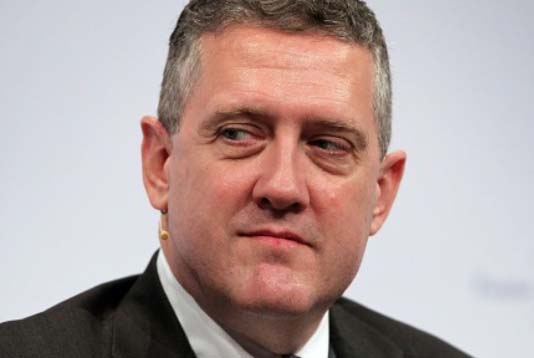WASHINGTON, Jan 10, 2019 (BSS/AFP) – The US economy is in good shape but
could be pushed into recession if the central bank goes “too far” in raising
interest rates, a senior Federal Reserve official said Wednesday.
It was yet another dovish signal from one of the members of the monetary
policy committee that votes eight times a year on interest rates, and likely
to reassure financial markets.
James Bullard, president of the St Louis Federal Reserve Bank, one of 12
in the Fed system and a voting member of the policy committee this year,
called the current interest rate “a good level,” in an interview with the
Wall Street Journal.
After four rate hikes last year, the Fed would be “bordering on going too
far and possibly tipping the economy into recession” if rates go higher,
Bullard said, adding that he would be willing to cut interest rates if
needed.
As inflation shows no signs of accelerating much beyond the Fed’s two
percent target, there is no urgent need to raise the benchmark lending rate
further, he said.
The central bank’s quarterly forecast in December showed Fed officials
still expect two more increases in 2019.
But Fed Chairman Jerome Powell also sought to reassure financial markets
last week, saying policymakers will be “patient” before making any further
moves as they watch to see how the economy evolves, and could react quickly
to any changes.
The prospect of rising interest rates that could slow the economy spooked
investors and contributed to the downturn in US and global stock markets late
last year.
The Fed should heed that message, Bullard said, since “In the last decade,
the market has been far more accurate than the committee itself.”
He agreed with the prevailing view of the US economy slowing to around
2.25-2.5 percent this year, with unemployment holding around the current 3.9
percent.
And while President Donald Trump has been criticized for his unprecedented
public complaints about Fed policy, Bullard also called out former Fed chairs
Janet Yellen and Ben Bernanke for their comments on policy, saying they were
“interfering” in the process.



